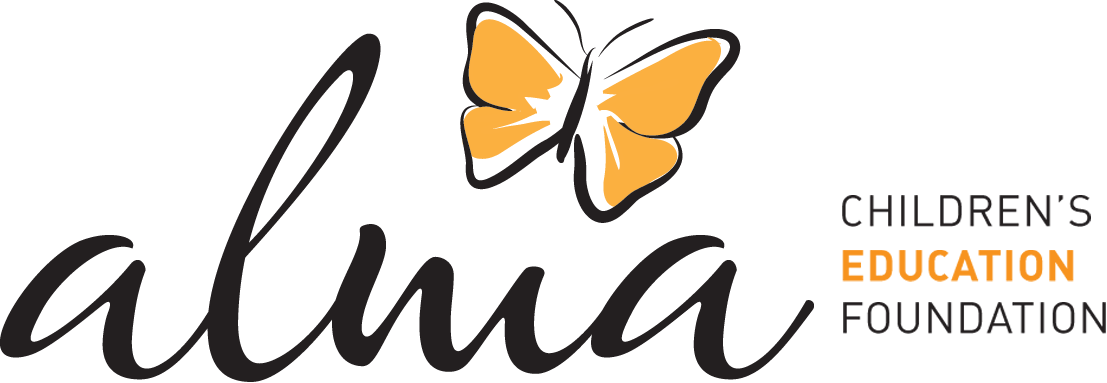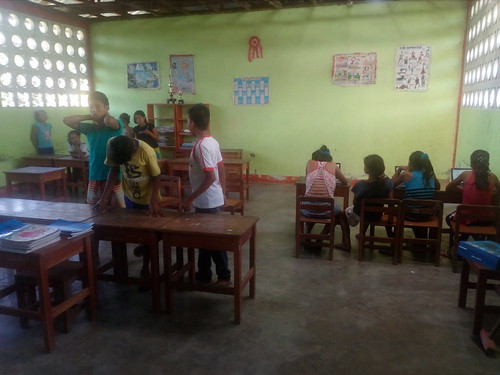As technology becomes ever more integral in all levels of education and in every aspect of daily life, children without access to technological education are increasingly disadvantaged. When added to the many economic and social obstacles already present for children from rural indigenous communities in Peru, the lack of access to technology is detrimental to their educational and future professional prospects.
Therefore, Alma is implementing computer classes within the primary school of the Abtao community. We will work with 21 students from 3rd, 4th, 5th, and 6th grade to develop computer skills, reinforce reading comprehension and mathematical reasoning, and prepare them for success in secondary school.
However, simply teaching academic and technological skills is not enough to ensure long-term learning and impact. Therefore, Alma also challenges students to think critically, creatively, and within the bounds of positive personal, social, and environmental values. By linking technological and academic themes with dynamic activities based on the students’ interests, the students can develop the analytical skills necessary to grow academically while playing and pursuing their own interests and creativity.
Not only do the students practice the course content from their classrooms, but they also must develop their critical thinking, analytic, and creative skills. By not only receiving information but, more importantly, questioning, evaluating, and reflecting on it, the normally rote academic lessons become an intimate part of their daily lives through which meaningful learning can occur.

